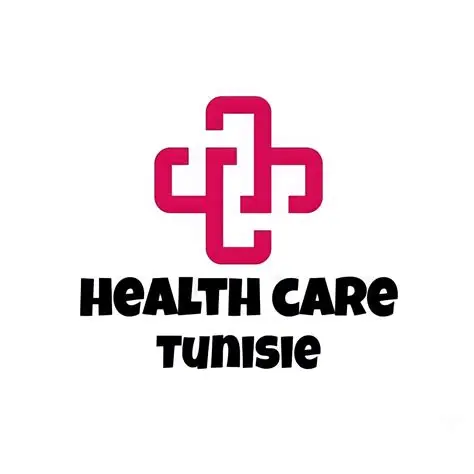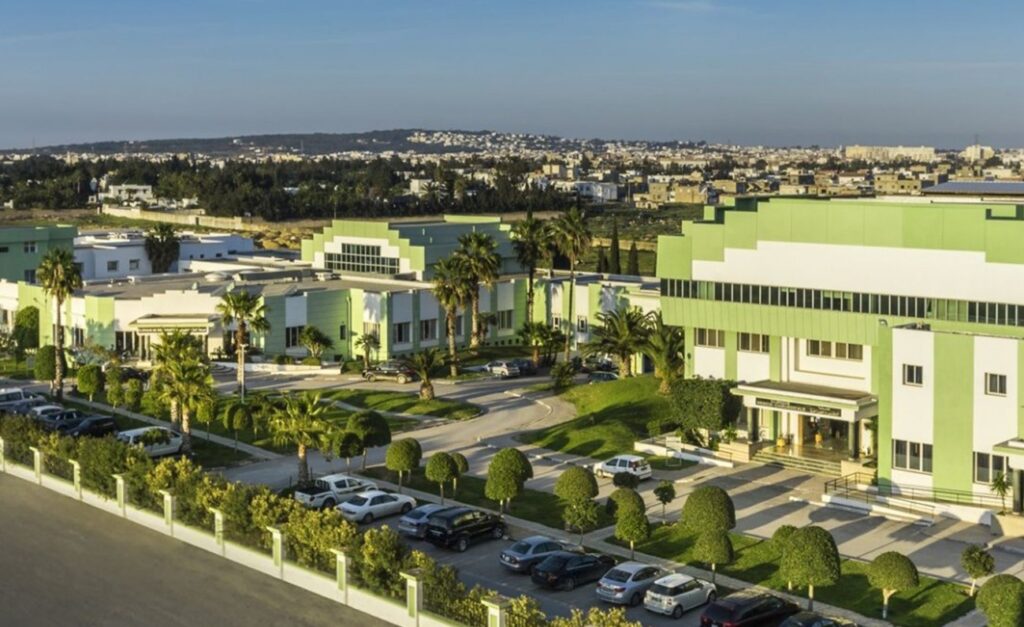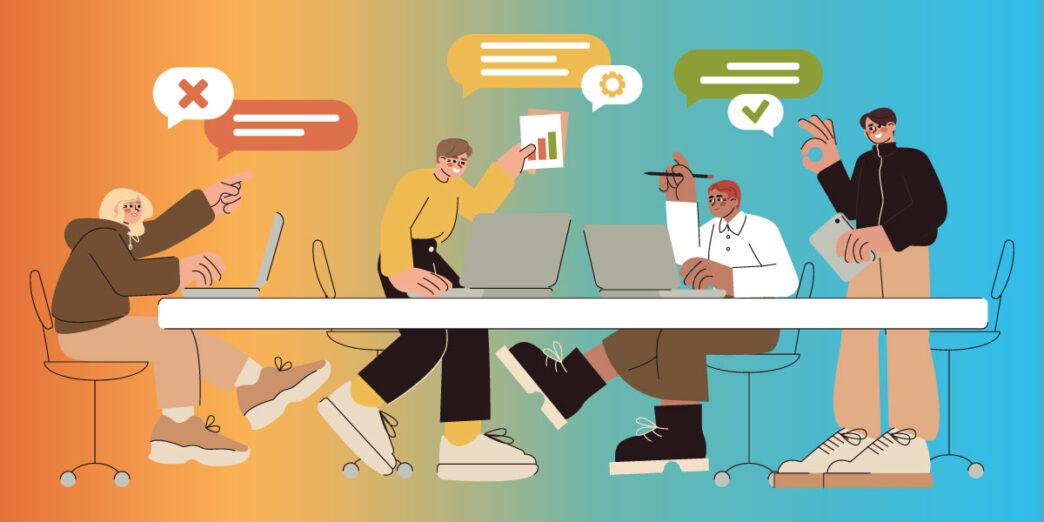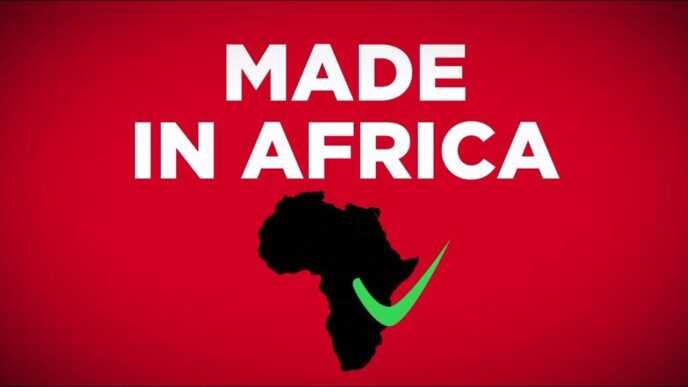A group of young engineers, doctors, and programmers gather around laptops, working against the clock. Their objective? to create an affordable, AI-powered diagnostic instrument for clinics in rural areas. This is a medical hackathon, not a corporate R&D lab, where the best minds in Tunisia are using code to solve the nation’s healthcare problems.
Through hackathons, long, intense coding competitions where digital enthusiasts and medical professionals work together to address urgent medical issues, Tunisia has become an unexpected center for medical innovation during the past ten years. These developments have resulted in life-saving technologies that are changing healthcare delivery in North Africa and beyond, such as AI-driven diagnostics and telemedicine systems for remote locations.
The Birth of a Movement
Tunisia’s medical hackathon trend began in 2013, when a group of software engineers and doctors organized the country’s first health-focused hackathon, “Hack for Health.” The goal was simple: leverage Tunisia’s growing tech talent to address gaps in the healthcare system.

The concept took off. Today, events like MedTech Tunisia, Health Hack Tunisia, and Code for Care regularly attract hundreds of participants, including medical professionals, data scientists, and even government health officials. International organizations like the World Health Organization (WHO) and UNICEF have also partnered with local groups to sponsor challenges focused on maternal health, pandemic response, and chronic disease management.
From Code to Clinic: Success Stories
The real impact of these hackathons lies in the solutions that make it out of the competition and into hospitals. Some notable breakthroughs include:
1. DiabEase – AI for Diabetes Management
Developed during a 48-hour hackathon, DiabEase is an AI chatbot that helps diabetic patients track blood sugar levels and receive personalized diet advice via SMS, critical in a country where nearly 15% of adults suffer from diabetes. The tool, now used in public clinics, reduces complications by ensuring consistent patient monitoring.
2. TeleRehab – Remote Physical Therapy
With Tunisia facing a shortage of physical therapists, a team of developers created TeleRehab, a video-based platform connecting stroke patients with specialists in cities. The app includes motion-tracking AI to ensure exercises are performed correctly, cutting recovery times by 30% in pilot tests.
3. RespiraScan – Low-Cost Pneumonia Detection
A team of engineering students built RespiraScan, a smartphone attachment that analyzes breathing patterns to detect early signs of pneumonia in children. The device, which costs less than $20 to produce, is now being tested.
Tunisia’s thriving hackathon scene is no accident. The country has one of the highest rates of STEM graduates in Africa, thanks to its strong engineering schools and a tech-savvy youth population, creates a fertile ground for disruptive innovation.
Government and private sector support has also been crucial. Tunisia’s Ministry of Health now partners with hackathons to fast-track regulatory approvals for winning projects, while local startups like InstaDeep (an AI firm) provide funding and mentorship.

The momentum is growing. In 2023, Tunisia’s first “Hack the Hospital” event brought together engineers and surgeons to redesign emergency room workflows using AI. Winning solutions are now being piloted in Tunis’ largest public hospital.
The Future: Can Hackathons Fix Healthcare?
Tunisia’s model has inspired similar initiatives in Morocco, Egypt, and Senegal, proving that grassroots tech innovation can fill critical gaps in under-resourced healthcare systems.
For now, Tunisia’s medical hackers keep pushing forward, one line of code, one life-saving idea at a time.















